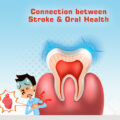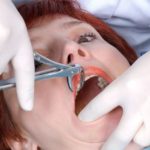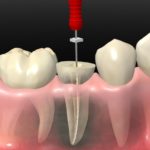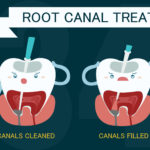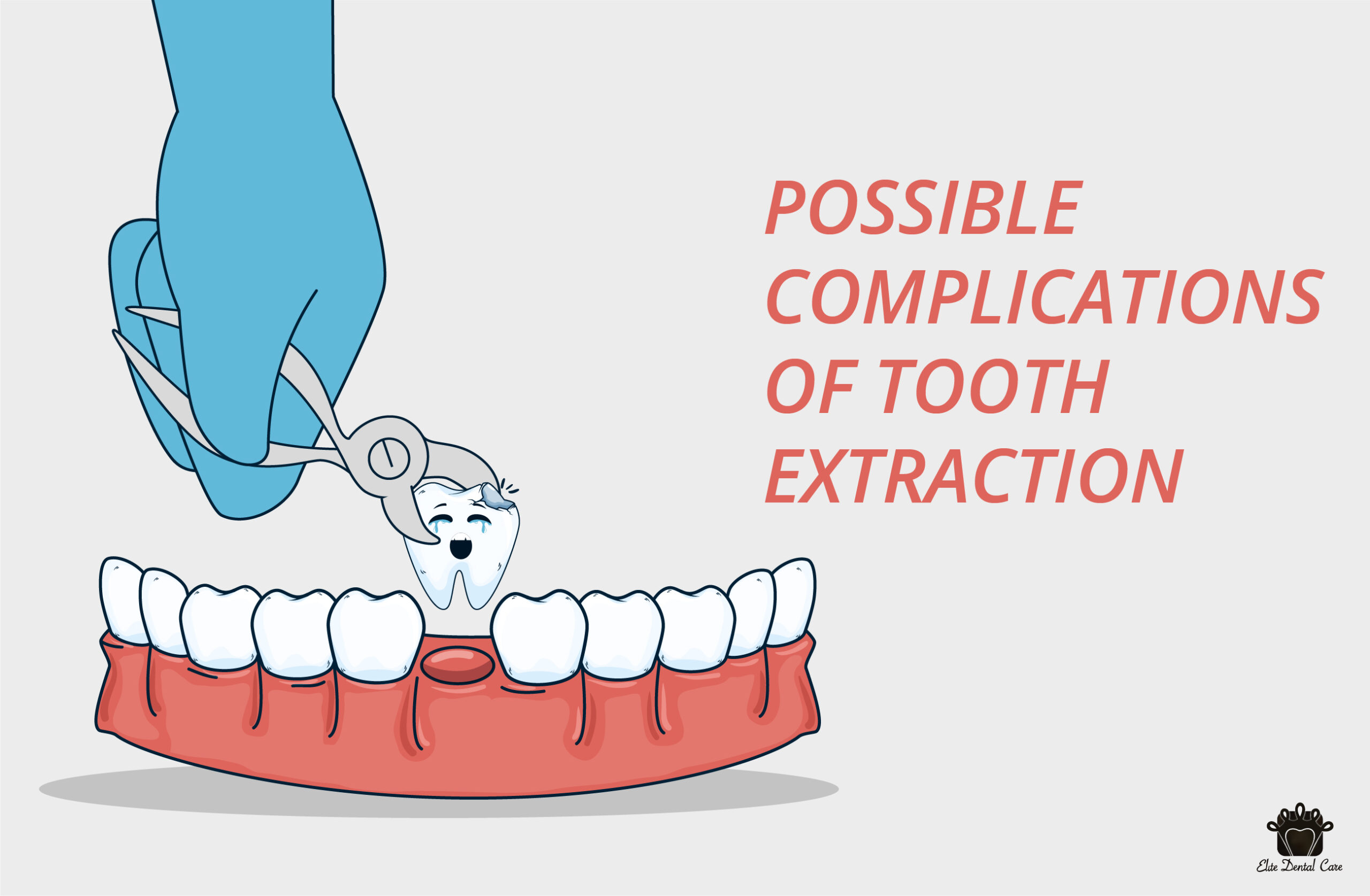
Tooth Extraction
edental
20 October 2020
Possible Complications of Tooth Extraction – Elite Dental Care Tracy
Oral care and dental health are the two essential ingredients for a healthy life. It is a known fact that oral health has a strong bonding with overall health. For healthy living, it is essential to practice oral discipline and maintain dental health for a healthy smile and a happy life.
In case you experience tooth pain or dental issues, try to cure them in the initial stages, or the germs will eat away the affected and the neighboring healthy teeth, which lead to tooth extraction.
What is tooth extraction?
Tooth extraction is an outpatient procedure done by the dentist to pull out the affected or damaged teeth. It is one of the essential procedures and the last phase to treat the damaged or the affected tooth and the neighboring teeth to preserve dental health. The dentist will prescribe tooth extraction only if the damage is too intense and irreversible. There are various treatments to treat dental issues in the initial phase. Ignorance or negligence in the treatment of dental issues leads to tooth extraction.
Here are a few reasons that lead to tooth extraction:
- Intense tooth decay:
Tooth decay causes when the untreated and accumulated bacteria or plaque reaches and affects the sensitive nerves and tissues of the pulp of the teeth, and damages the roots of the teeth. In this case, tooth extraction is the only treatment that keeps the neighboring teeth healthy and safe.
- Periodontal diseases:
The earlier stage of periodontal disease is gingivitis. It causes due to the infection in gums, alveolar bone, or periodontal ligaments. If this infection is untreated, it enters the roots of the teeth through gums and damages the tooth. Tooth extraction is the only treatment to sustain dental health.
- Impacted Teeth:
If the tooth fails to erupt fully from the gums due to the insufficient space in the bone or crowded neighboring teeth, it is known to be an impacted tooth. Dentists recommend extracting such an impacted tooth to prevent infection or overcrowding in the structure of the teeth.
- Dental issues due to accidents:
In the case of a car accident or a knock on your face damages your teeth, as first aid dentists will try to preserve your teeth using dental bonding, a crown, veneers, or other dental aligners. If the damage is frightful, then the dentist will suggest a tooth extraction.
Why tooth extraction is necessary?
Tooth extraction prevents further damage to the neighboring teeth of the affected tooth. Save the health of the gums of the affected teeth. The main aim of the dentist is always to preserve natural teeth through medications and other dental treatments. If the tooth is completely damaged, and there is no blood flow in the teeth dentist does not have any alternative, and they opt for tooth extraction.
Complications:
Sometimes tooth extraction could have post-procedure complications. These are the classifications of complications during tooth extraction:
Pre Extraction
Post Extraction
During extraction.
- Pre Extraction:
When the surgeons encounter the breakdown of the pain control during extraction, he/she should carefully diagnose the nerve distribution where the pain remains and essentially give appropriate operative treatment to the patient under local anesthesia to extract the tooth/teeth.
Difficulty in Co-operation:
Surgeons should conduct the preoperative assessment with their patients before the surgery, as a few patients might panic and do not co-operate for the surgery.
In such cases, surgeons should not force the patients but give them counseling and prepare them for the surgery.
Difficulty in Access:
Restricted opening of the mouth is due to abnormalities in the temporomandibular joint or other external factors. In a few cases, exercise can help to open the jaws. However, if you try to force open the jaws when the trismus is due to infection, it will break the pyogenic membrane and cause spread. Antibiotics and drainage can treat this phase, and dentists prefer to delay the process of extraction until the opening is sufficiently improved.
- During Extraction:
If the affected tooth causes abnormal resistance, the surgeon should make continuous efforts to loosen the teeth but avoid too much force in the same direction. If there is no moment in the roots of the teeth after a fair trial, observe the radiograph, it shows hidden abnormalities such as twisted, bulbous, and divergent roots. An unerupted tooth that impact the roots of the tooth is one of the difficulties that is identified only in the radiograph. In the case of all the above abnormalities, a trans alveolar approach helps the tooth removal with less trauma to bone and avoids fracture of the tooth.
Wrong Tooth Extraction:
Before the surgery, a surgeon should know about the medical history and other details of the patient and view the radiographs for a clear understanding of the patient’s case, or there are chances where the dentist can extract the wrong tooth due to the miscommunication of the patient’s information. If the dentist moves the affected tooth carelessly or harshly, it might loosen or affect the adjacent tooth and need further treatment along with the affected tooth.
Fracture of teeth:
When the dentist uses general extracting methods during extraction. In most cases, fracture of the tooth is possible due to severe dental caries or complicated restorations. After any medical procedures, practicing aftercare instructions is essential to heal surgical wounds and be healthy. Here are a few complications that a patient face after the tooth extraction process:
- Post Extraction:
Pain:
It is a common complication experienced after tooth extraction. Patients experience mild discomfort after the procedure. Severe pain is in the case of infections.
Infection:
It causes due to poor oral health or high glucose levels in the body. Infections may shelter due to the dry socket in the operated area. The cause of dry socket can either due to ignorance, frequent rinsing of the mouth, or smoking. These possibilities might dissolve the blood clot and cause a dry socket.
Swelling: This happens after the surgical procedure and causes mainly due to infection.
Effects on adjacent teeth:
While pulling out the affected tooth, the adjacent tooth might loosen, cracked/chipped during the extraction process. The filling might also be ousted.
Oro-antral Communication:
The maxillary sinus is a hollow in the bone of the maxilla. The site of communication is in the molar region of the upper jaw. Communication or fistula occurs due to the continuity between the oral cavity and maxillary sinus. Dentists advise patients to rinse or gargle with water to assess if the hollow path is blocked or clear for communication. If the communication is clear, the water comes out through the nose. It is a rare complication.
Numbness:
Numbness causes due to injuries in the nerves in the regions of lower premolars or wisdom teeth. It is a temporary complication but can be permanent in the case of severe injuries in the nerves. These are the potential complications before, after, and at the time of tooth extraction.
These tips can help us get rid of the complications and heal the surgery wounds quickly.
Tips:
- Do not brush harshly or overbrush that dissolves the blood clot and form the dry socket at the surgery site.
- Do not eat hard, sticky, junk foods that might hurt the wound at the surgery site.
- Eat soft foods and drink plenty of liquids in the initial days of the surgery for oral health and quick healing.
- After a few days of the surgery, practice good oral hygiene, and maintain good dental health.
- After a couple of months, consult your dentist to replace the missing tooth with an artificial tooth to sustain the shape of the face and your beautiful smile.
- Schedule regular dental visits to monitor dental health and seek professional help if needed.
As an experienced dentist, we suggest you cure all the dental issues in the initial stages and avoid tooth extraction as much as possible. Tooth extraction leads to the above complications and complicates your life further. However, one of the advancements has introduced an Easy X-Trac system, which has an internal screw and lever arm system that pulls the teeth slowly without disturbing the adjacent teeth, gums, or the bone tissues.
Note: Before undergoing the tooth extraction process, discuss all your fears and concerns with your surgeon to make your life easy during and after the tooth extraction procedure. Discuss all the pros and cons of tooth extraction and prepare yourself to face every situation after the procedure.
Follow all the instructions prescribed by your surgeon for quick healing and good dental health to live a healthy, happy, and peaceful life!!!
